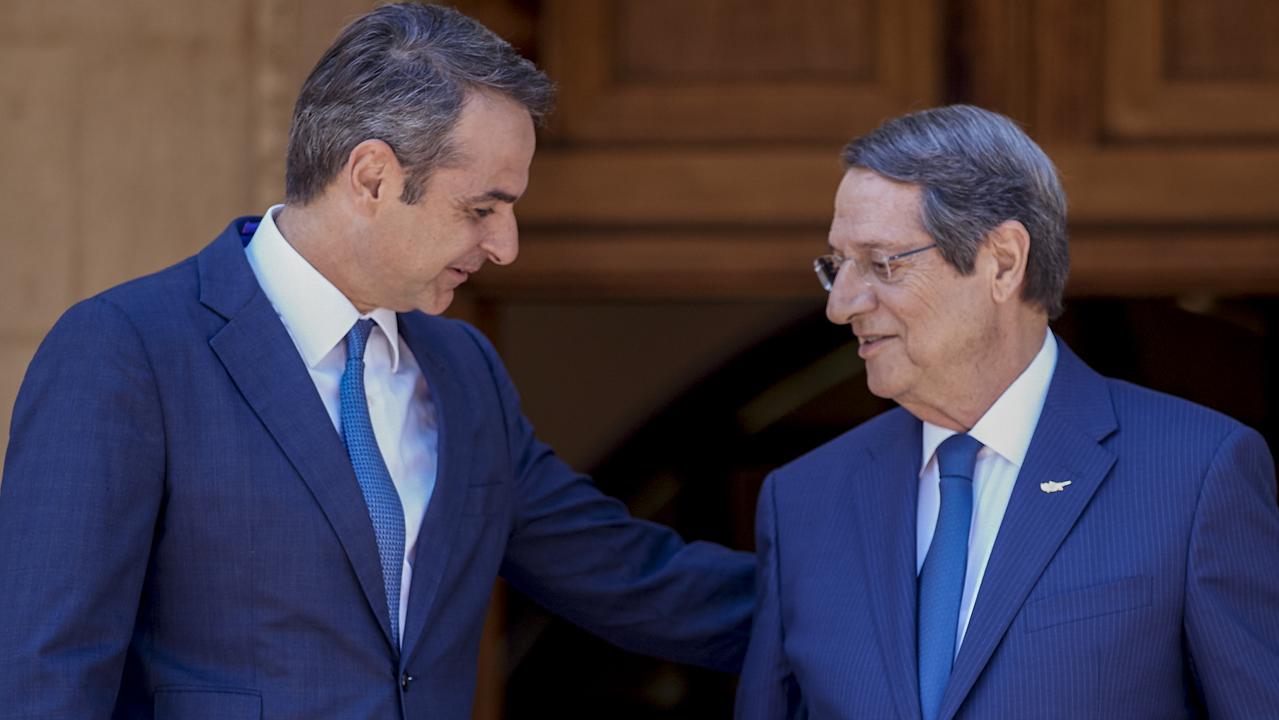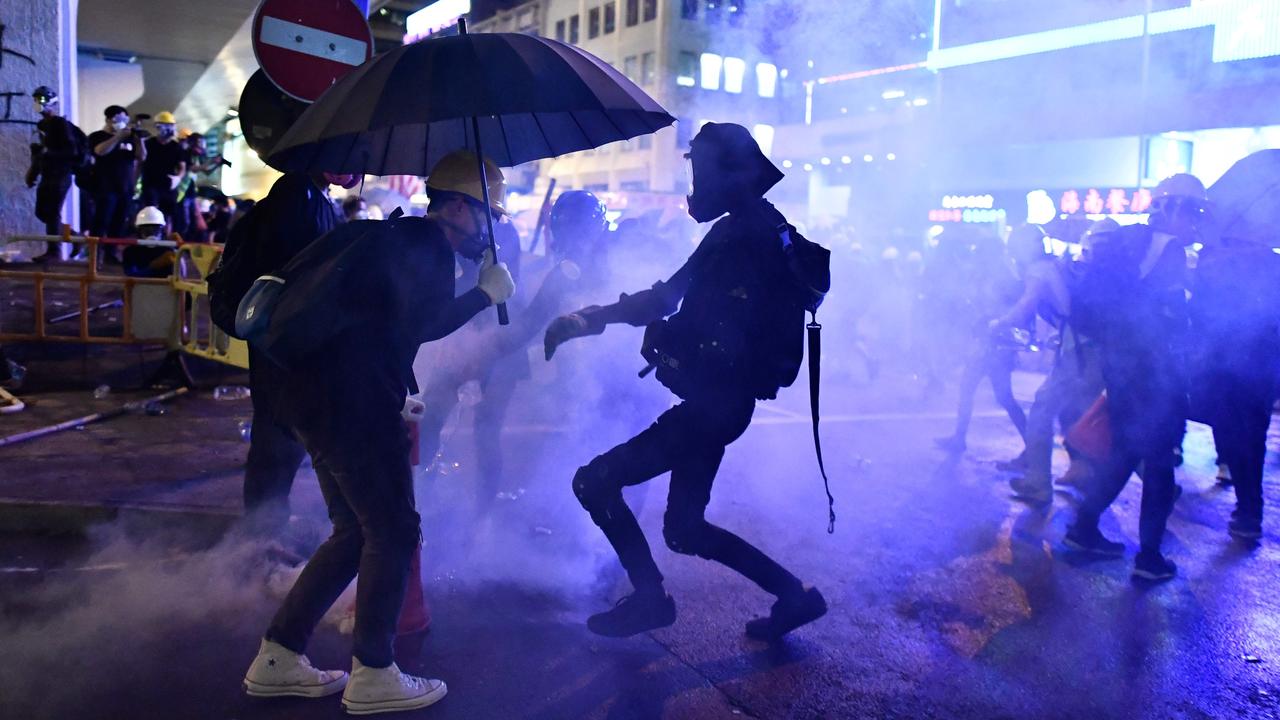Hillary Clinton’s new battle to connect with voters in revolt
Can Clinton find a way to connect with sceptical middle Americans?

It has been a long, quarter-century’s journey from those early days — when she famously declared she was more than a Tammy Wynette knock-off standing by her man, Bill Clinton — to yesterday, when she become the first woman to accumulate the delegates needed to secure a presidential nomination.
The question now is whether she has arrived at the right time — or whether she can adjust to the times.
Put differently, can Clinton now convince the country that a profile that has made her life difficult for much of this year — establishment figure, experienced in the ways of Washington, serious to the point of severity — work in her favour in the next five months? Will running against Trump, a fellow baby boomer with essentially the opposite profile, make that task easier for her, or harder?
The questions arise because Clinton has taken on the look of a thoroughly conventional politician. Not so long ago her resume would have been enough to ward off pesky unconventional challengers and guarantee a respectable reception, at least within one’s own party. But 2016 isn’t such a time, and Clinton has had to face the reality that such a resume, for at least some voters, isn’t an asset to be burnished but a problem to be overcome.
“We are in one of the most populist eras in modern American history,” says Mo Elleithee, a former Democratic official and Clinton supporter who is now executive director of the Institute of Politics and Public Service at Georgetown University. “The old Left-Right paradigm is gone.”
He adds: “Left and Right has been replaced by up and down.”
Voters believe “the people above me are getting all the breaks, the people below me are getting all the handouts. Who in the hell is going to look out for me?”
What voters in 2016 are looking for, Elleithee says, is “a champion” for them.
Many voters say they don’t find Clinton honest and trustworthy, a problem exacerbated by the questions over her decision to use her own email system while US secretary of state.
There’s an inescapable whiff of Clinton fatigue.
Her problem is going to be finding a way to connect with sceptical middle Americans in revolt against the political establishment.
Elleithee says he has seen flashes of that Hillary Clinton — but also warns she won’t be able to make that case if she allows the campaign to be an extended national conversation about Trump.
The Wall Street Journal



When Hillary Clinton first burst on to the national political scene, Barack Obama was a rookie law lecturer, Bernie Sanders was an obscure backbencher in the House of Representatives and Donald Trump was an overextended developer trying to keep unhappy banks and bondholders at bay.